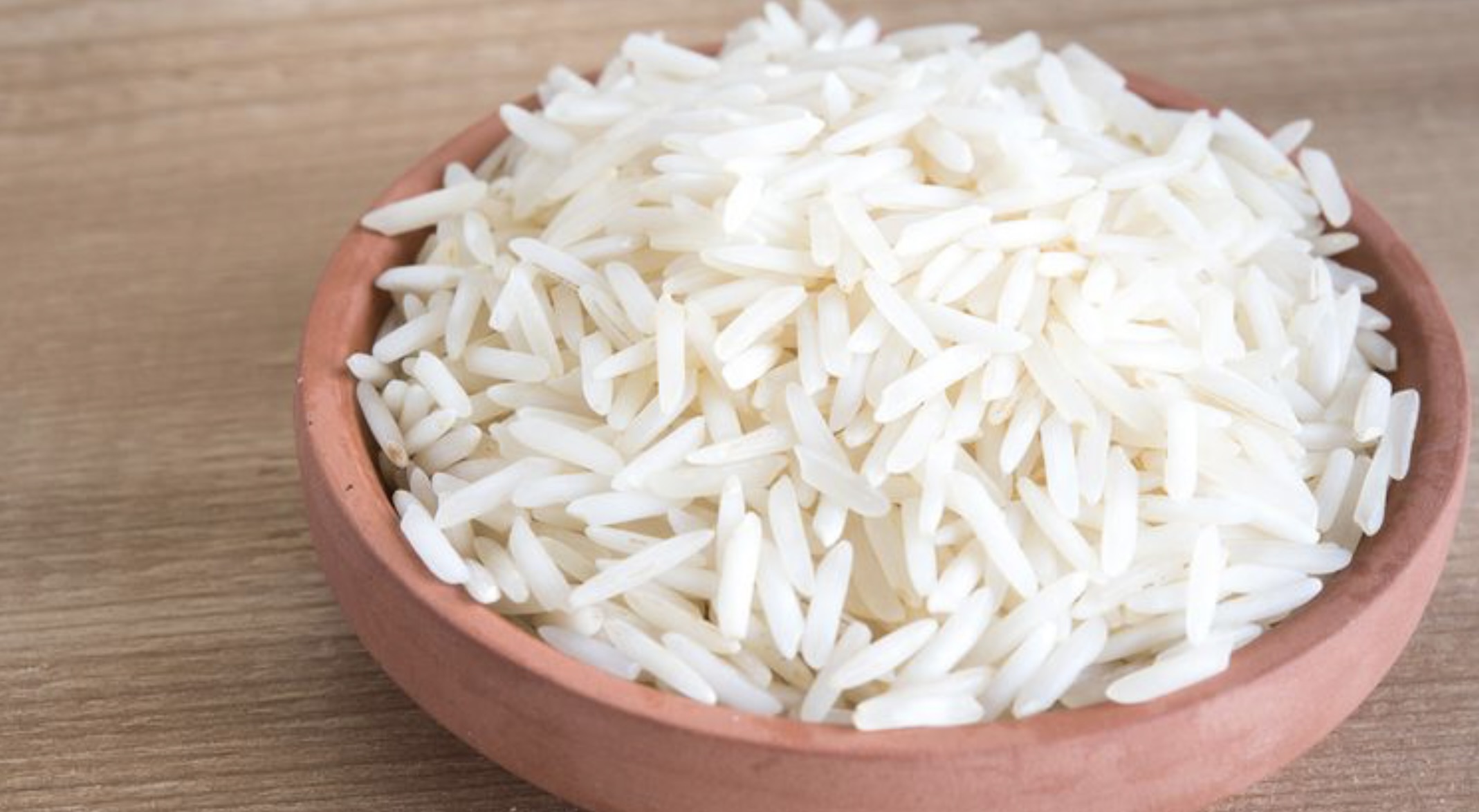Health Benefits of Long Grain Rice
What are the health benefits of long grain rice?
Long grain rice, like other types of rice, offers several health benefits when consumed as part of a balanced diet:
- Source of Energy: Long grain rice is a good source of carbohydrates, which are the body’s primary source of energy. Consuming long grain rice can help provide the energy needed for daily activities.
- Low in Fat: Long grain rice is naturally low in fat, making it a good choice for those looking to reduce their fat intake.
- Gluten-Free: Like all rice varieties, long grain rice is naturally gluten-free, making it a safe choice for individuals with gluten intolerance or celiac disease.
- Fiber: While not as high in fiber as some other grains, long grain rice still contains a small amount of fiber, which is important for digestive health.
- Vitamins and Minerals: Long grain rice contains small amounts of vitamins and minerals, including niacin, vitamin D, calcium, iron, and potassium.
- Versatility: Long grain rice is versatile and can be used in a variety of dishes, from stir-fries to rice pilaf to rice pudding, making it easy to incorporate into a balanced diet.
Overall, while long grain rice may not have the same level of health benefits as some other grains, it can still be a nutritious part of a balanced diet when consumed in moderation as part of a varied diet that includes a variety of grains, fruits, vegetables, and lean proteins.
What are the health risks of long grain rice?
Long grain rice is generally safe for most people when consumed as part of a balanced diet. However, there are a few potential health risks associated with long grain rice:
- Arsenic Contamination: Rice, including long grain rice, has been found to contain higher levels of arsenic compared to other grains. Arsenic is a naturally occurring element that can be harmful to health in high amounts. To reduce arsenic exposure, it’s recommended to rinse rice thoroughly before cooking and to cook it in excess water that is later drained.
- Calories: Long grain rice is a starchy carbohydrate and can be relatively high in calories, especially when consumed in large portions. Eating long grain rice in moderation as part of a balanced diet is important to avoid excessive calorie intake.
- Blood Sugar Impact: Like other types of rice, long grain rice has a high glycemic index (GI), which means it can cause a rapid increase in blood sugar levels. This can be a concern for individuals with diabetes or those trying to manage their blood sugar levels.
- Lack of Nutrients: While long grain rice does contain some vitamins and minerals, it is not as nutrient-dense as other whole grains like brown rice or quinoa. Choosing a variety of whole grains can help ensure you’re getting a wide range of nutrients in your diet.
- Potential Contaminants: As with any food product, there is a risk of contamination with bacteria, mold, or other contaminants. Proper storage, handling, and cooking can help reduce this risk.
Overall, long grain rice can be a healthy part of a balanced diet when consumed in moderation. It’s important to be aware of these potential risks and to choose a variety of grains and other foods to ensure a well-rounded diet.




